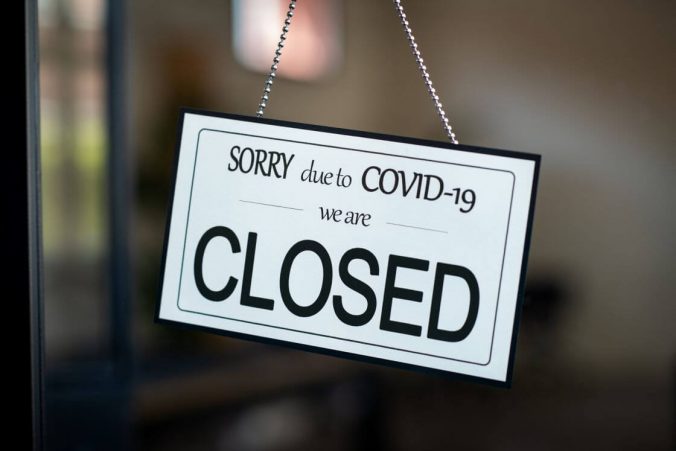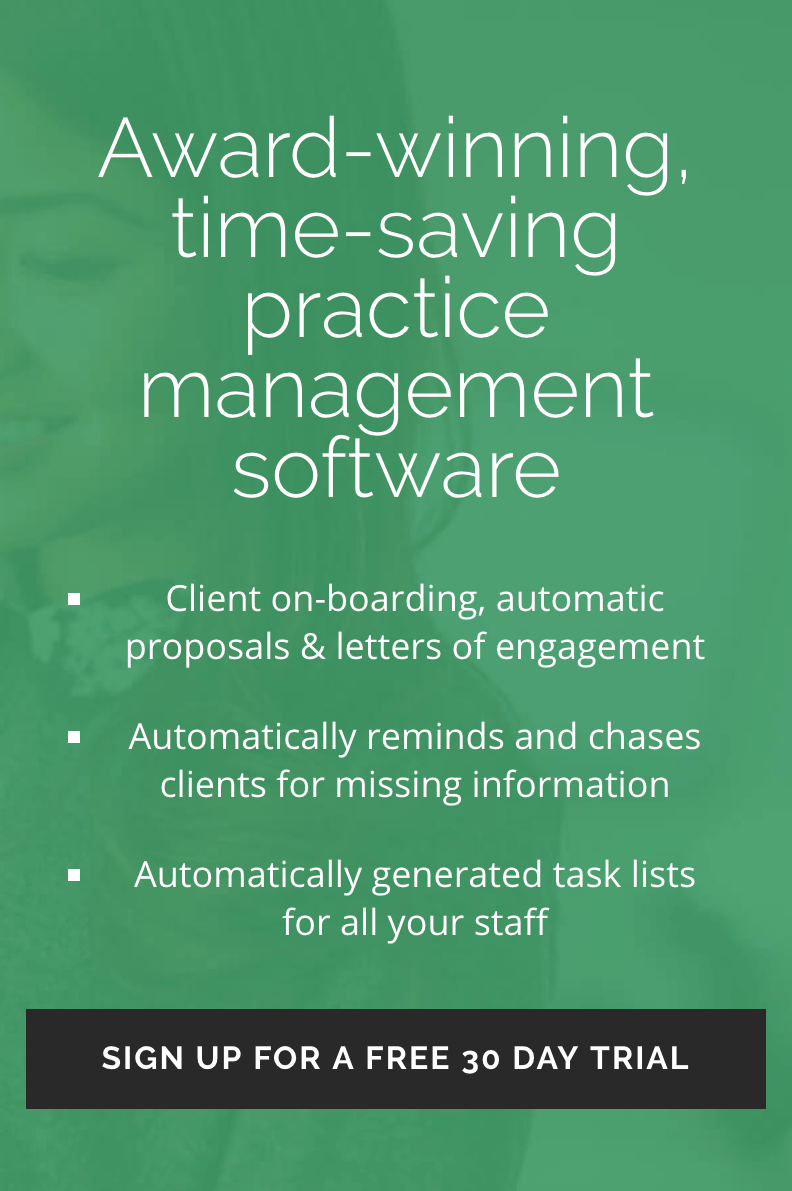Finance Secretary Kate Forbes delivered the 2021/22 Scottish Draft Budget on Thursday 28 January 2021, setting out the Scottish Government’s financial and tax plans.
The Government has devolved powers to set the rates and bands of income tax (other than those for savings and dividend income) which apply to Scottish resident taxpayers.
The Scottish Budget announced the following income tax rates and bands for 2021/22. These will be considered by the Scottish Parliament, and an agreed Scottish Rate Resolution will set the final Scottish income tax rates and bands for 2021/22.
The current rates and bands for 2020/21 and the proposed rates and bands for 2021/22 on non-savings and non-dividend income are as follows:
| Scottish Bands 2020/21 | Scottish Bands 2021/22 | Band name | Scottish Rates |
| £12,501* – £14,585 | £12,570* – £14,667 | Starter | 19% |
| £14,586 – £25,158 | £14,668 – £25,296 | Scottish Basic | 20% |
| £25,159 – £43,430 | £25,297 – £43,662 | Intermediate | 21% |
| £43,431 – £150,000** | £43,663 – £150,000** | Higher | 41% |
| Above £150,000** | Above £150,000** | Top | 46% |
* Assumes individuals are in receipt of the Standard UK Personal Allowance.
** the personal allowance will be reduced if an individual’s adjusted net income is above £100,000. The allowance is reduced by £1 for every £2 of income over £100,000.
In the UK Spending Review in November 2020, the UK Government announced that the UK wide Personal Allowance and the UK higher rate threshold would be uprated by CPI inflation of 0.5% for the tax year 2021/22 (to £12,570 and £50,270 respectively). All other policy decisions about UK rates and bands will be announced at the UK Budget on 3 March 2021.












